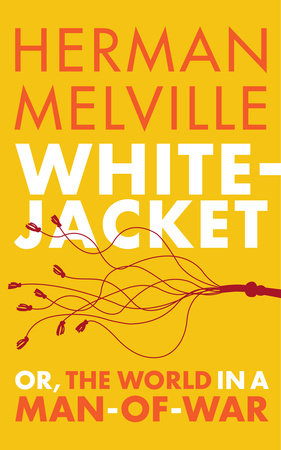White-Jacket; or, The World in a Man-of-War

A brutally incisive account of the darkest aspects of seafaring life.
Informed by his own seafaring experiences, and those of the sailor’s he knew, White-Jacket traces the voyages of a naval Man-of-War. Melville’s most politically charged work, it is bitterly critical of perceived brutality and inhumanity aboard sailing vessels, particular cruel punishments such as flogging. It is a uniquely powerful work among Melville’s canon.
Penguin Random House Canada is proud to bring you classic works of literature in e-book form, with the highest quality production values. Find more today and rediscover books you never knew you loved.